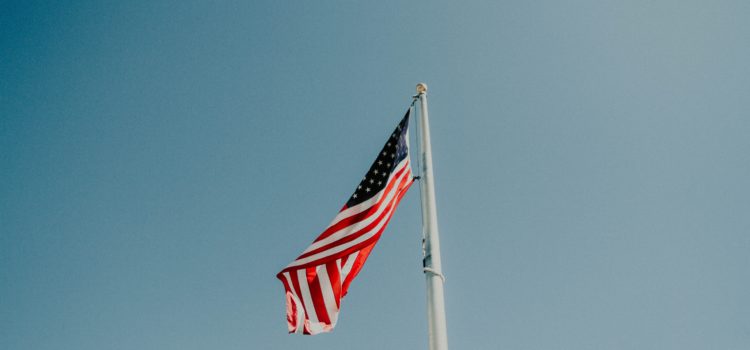What are the different kinds of meditation? What do these types of meditation accomplish? Meditation can take both active and inactive forms. In The Bhagavad Gita, Krishna explains to Arjuna how the different kinds of meditation can bring him closer to god. Read more about the different kinds of meditation in The Bhagavad Gita.
Kinds of Meditation: Action and Inaction Lead to God










